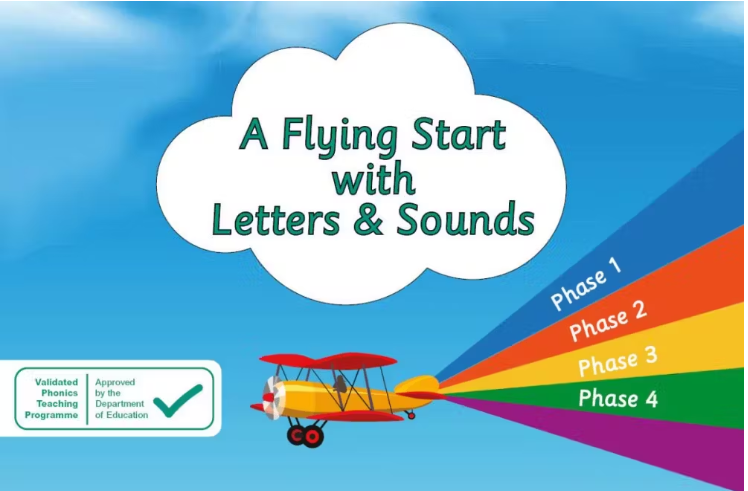Phonics and Spelling
Phonics - EYFS and Key Stage 1

What is phonics?
Phonics is a method of teaching children to read and write. Through a synthetic phonics programme, children learn that all words can be broken down into phonemes (units of sounds), which are represented in writing by graphemes (groups of letters). Through being taught these GPCs (grapheme-phoneme correspondences), children will be able to read more fluently and spell more accurately.
The school follows A Flying Start with Letters & Sounds which is validated by the DfE and is based on the Letters & Sounds programme. A Flying Start with Letters & Sounds is a multi-sensory, systematic, synthetic phonics programme and enables the children to:
- Develop good language skills and a wide vocabulary
- Foster a love of reading
- Acquire the skills to read independently as indicated by the phonic check
- Secure the physical skills to write in order to successfully record the graphemes they have learnt
A Flying Start with Letters & Sounds recognises the importance of Phase 1 phonics and its connection to the Statutory Framework for the Early Years Foundation Stage. This begins in Nursery and continues into Reception. The programme enables children to start learning letter sounds early in Reception, and provides a structured route for children to meet the expected standard in the Year 1 Phonics Screening Check.
Early reading is taught using synthetic phonics as the main approach to reading. Pupils are systematically taught the phonemes (sounds), how to blend the sounds all through the word for reading, and how to segment the sounds in order to write words. They are taught to use their phonic skills and knowledge as their first approach to reading, but are also taught high frequency words which do not completely follow the phonic rules.
Year One Phonics Check
Children in Year 1 are expected to complete the Phonic Screening Check in June. The check involves reading a combination of forty pseudo and real words. The purpose of the check is to identify children who are able to segment and blend words at the expected level. Any children who do not reach the required standard will retake the check in Year 2 having had a targeted input throughout the year.
Master Readers - Year 2
Master Readers is a reading approach which follows on from our phonics programme. Children in Year 2 have a dedicated half hour of Shared Reading at the start of each day. Books have been chosen to complement the topics children are studying and may also link to the genre they are learning about in English lessons.
Please see Reading Tab for further information about the progression of Master Readers.
Phonics and Spellings for KS2 Children
Children who enter KS2 without passing the KS1 Phonics Screening Check will not retake the test. However, they will receive targeted support in school to help them bridge any gaps in their phonics knowledge. These children are supported in their learning of phonics with a tailored and adapted approach to ensure they gain fluency in their reading as soon as possible.
Spelling

From Year 2 onwards we follow the Spelling Shed programme. This approach to speeling involves the relationship between sounds and written symbols as well as using morphology to help to spell through meaning. The carefully selected word lists and engaging activities provide opportunities to incorporate phonics and meaning to strengthen spelling skills and build vocabulary acquisition.



